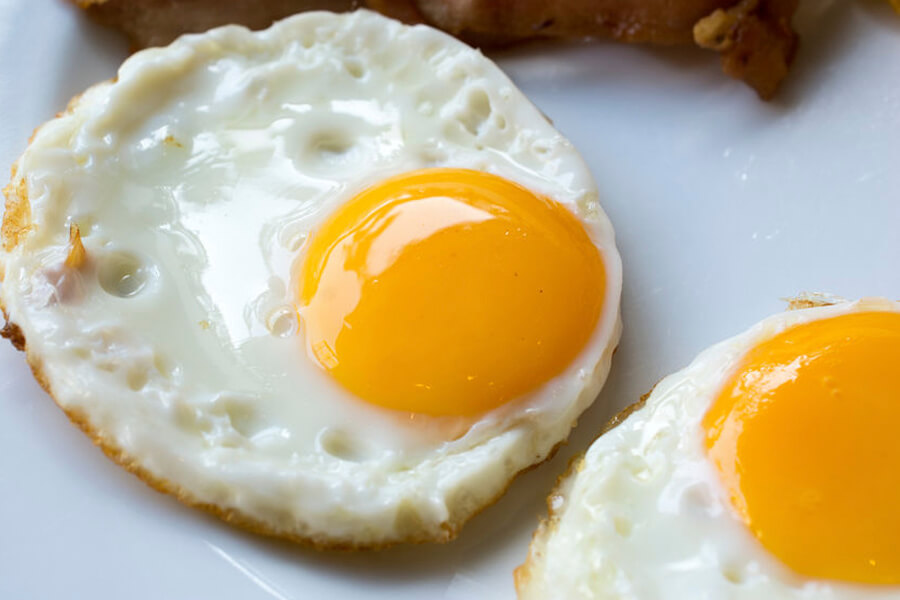There’s a stigma surrounding gout, possibly because people incorrectly assume that it’s caused by a hedonistic lifestyle. The truth is that some people are predisposed to gout, regardless of what—or how much—they eat or drink or exercise. Although certain foods and drinks (e.g., shellfish, meat, sugary drinks and alcohol) can increase the risk of a gout flare-up, research has shown just how large a role genetic factors play.
Approximately 1 in 25 Americans have gout.
The effects of food and drinks on gout
In 2018, researchers conducted a meta-analysis of dietary information from more than 16,000 adults. None of the 8,346 women or 8,414 men had gout or kidney disease when their urate levels were measured. (Urate in the bloodstream is the main risk factor for gout.)
The scientists made sure to control for a spectrum of variables, including age, sex, body mass index and calorie intake.
From their analysis, they could determine seven foods and beverages linked to higher urate levels:
• liquor, beer and wine
• potatoes
• meat
• poultry
They also determined eight foods linked to lower urate levels:
• skimmed milk
• margarine
• non-citrus fruits
• brown bread
• peanuts
• cheese
• cold cereal
• eggs
Genetics vs. food and drink consumption
Despite the discovery that certain foods and beverages were associated with higher or lower urate levels, they accounted for less than 1% of the variation in blood levels or urate. On the flip side, genetic factors made up 23.9% of the variation.
“It came as no surprise to us that genetic factors have a larger influence on serum urate than dietary factors,” explains the study’s co-author, Tanya Major. “What did surprise us was the magnitude of this difference, an almost 100-fold increase. Gout is genetic and drinking too much beer has very little influence on serum urate.”
The meta-analysis was published in The BMJ.

